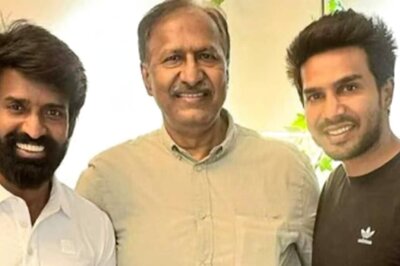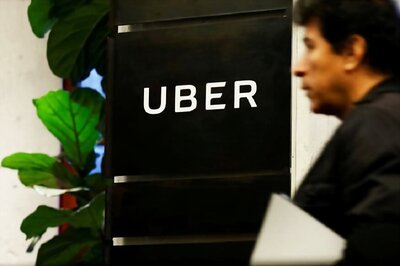
views
After constant pressure from the Government of India over the past few months on social media networks ahead of the upcoming general elections, the social media platforms have presented their “Voluntary Code of Ethics for the 2019 General Election” to Election Commission of India (ECI). The Internet And Mobile Association of India (IAMAI) presented the code of ethics to the Chief Election Commissioner Sunil Arora and Election Commissioners Ashok Lavasa and Sushil Chandra today. This follows the meeting between the ECI and the social media platforms as well as the IAMAI members yesterday.
In the “Voluntary Code of Ethics for the 2019 General Election”, the social media networks including Facebook, Google, Twitter, Sharechat and ByteDance (which owns the popular short video sharing app TikTok) have confirmed that they will be taking measures to ensure that their platform isn’t used for the spread of fake news or malicious information during the elections. “The purpose of this voluntary Code is to identify the measures that Participants can put in place to increase confidence in the electoral process. This is to help safeguard the products and/or services of the Participants against misuse to vitiate the free and fair character of the 2019 General Elections in India,” says IAMAI.
The code shall be applicable to all apps distributed by the developers. For instance, Facebook will be monitoring content on the Facebook platform, as well as Instagram and WhatsApp.
One of the elements of the code is that the participating social media platforms and online services have voluntarily established a high priority communication channel with the nodal officers designated by the ECI. This is for the duration of the 2019 General Elections in India. There is also a mechanism in place which allows the ECI to notify the platforms if there is a potential violation of laws including the Section 126 of the Representation of the People Act, 1951. Section 126 in particular states “prohibition of public meetings during period of forty-eight hours ending with hour fixed for conclusion of poll.”
The social media networks and online services need to bring more transparency into the process of accepting and running advertising on their platforms, particularly for political advertisements. There needs to a disclosure mechanism in place, as well as the complete details of the advertisers to prevent misuse of the social media channels to spread malicious information.
The “Voluntary Code of Ethics for the 2019 General Election” is effective as of today—March 20, and will be in force for the duration of the 2019 Indian General Elections.




















Comments
0 comment